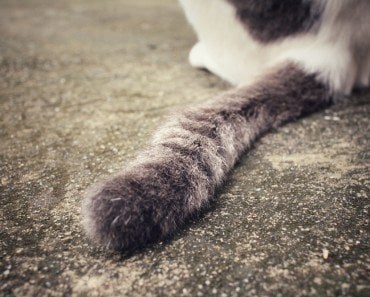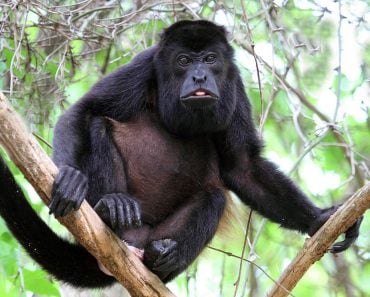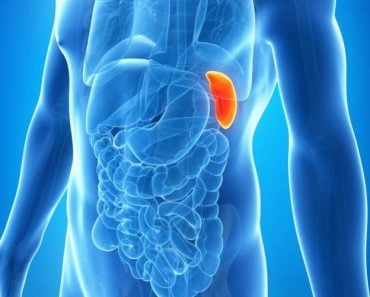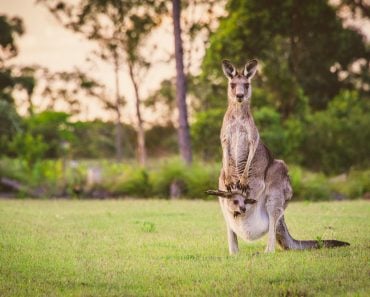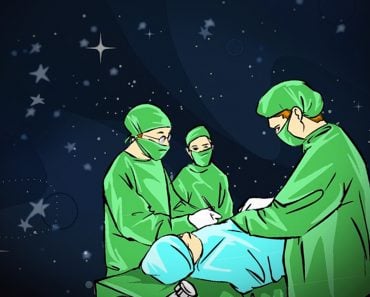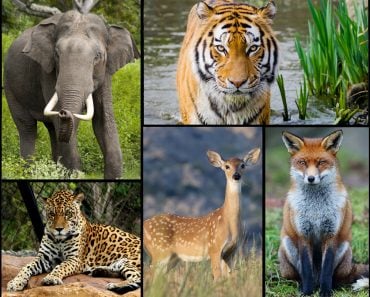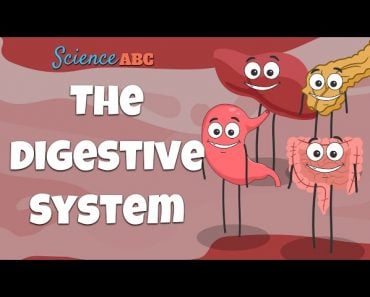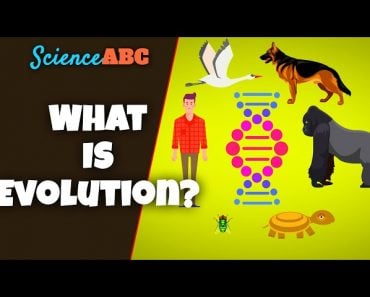Table of Contents (click to expand)
Animals other than humans also have an appendix. In fact, research suggests that the appendix has evolved more than 30 different times, which hints at its evolutionary usefulness.
Any one of the 300,000 people that go to the hospital in pain every year because their appendix has gotten inflamed or burst could yell, “Why do we have this thing?”
It’s a good question.
In biology, the appendix is referred to as a vestigial organ. All this means is that it is a part of the body that is now useless.
So, are we the only animals to have this little body part? And if not, is it a vestige in other animals too?
Recommended Video for you:
The Appendix Of Mammals
When evolution finds something useful, chances are good that it will give many different animals that thing. Our “useless” appendix has evolved 32 separate times in different mammals.
The appendix is a wormy, deflated balloon-looking tube at the junction of the small intestine and the large intestine.
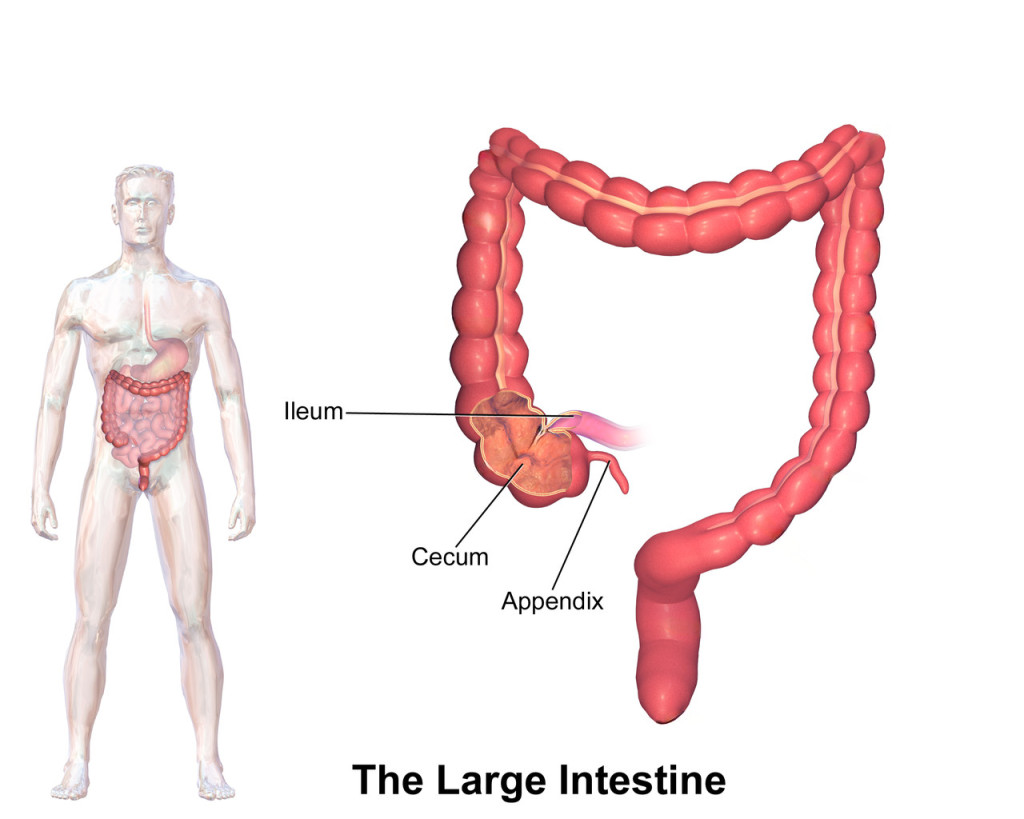
Our close cousins, the primates, have appendixes (not to be mistaken for appendices at the end of books), rodents have appendixes (rabbits have an especially active appendix), and even marsupials in faraway Australia, such as wombats and the cuscus (not to be mistaken for couscous) have appendixes.
There are also animals that have appendix-like structures. Such variations are present in animals that don’t have a cecum—the small pouch where the small intestine opens into the large intestine. This appendix-like structure is present in some monotremes (platypus), birds and ray-finned fish (who have a fun scientific name: Actinopterygians).
When The Appendix Helps
What does the appendix do in all these animals? Does it work? And if so, what is its function?
One of its proposed functions is that it harbors gut bacteria and plays a role in your immune system.
Sometimes, gut-related diseases can wreak havoc on the little gut microbe friends living in your intestines. Your gut microbes are crucial for your health. Scientists think the appendix is a reservoir for gut bacteria, and that it can help the gut repopulate with gut bacteria.
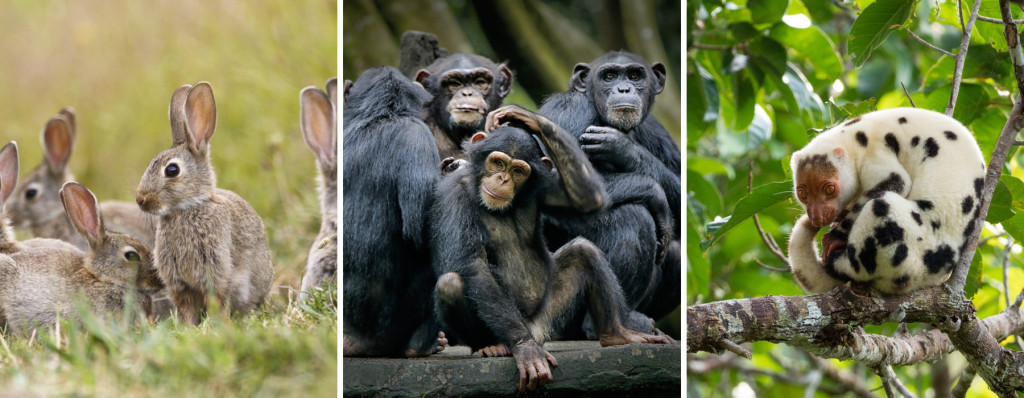
The researchers who studied the evolution of the appendix found that the appendix in most animals had lymphoid tissues. Lymphoid tissue is a place where a kind of immune cell called lymphocytes are active and mature. The researchers inferred that if the appendix has immune cells, then it must have a role in providing the animal with immunity.
In animals like rabbits and rodents, the appendix also aids in the digestion of tough plant materials by harboring bacteria that break down cellulose into digestible nutrients. In fact, among animals that eat a lot of hard-to-digest plants, the appendix seems to be larger and more useful.
Believe In Yourself. Believe In Your Appendix.
Let’s talk a bit more about the appendix helping rabbits digest cellulose, as it can reveal something about our own appendix.
Charles Darwin had a theory about the appendix and why it is, according to him, a vestigial organ. Ancestors of modern human might have been herbivores, eating almost exclusively plant matter. To help digest all that cellulose, just like the rabbit, we had a notably larger large intestine.
However, over time, humans shifted to a less plant-based and more fruit-based diet, which is easier in terms of digestion, and the extra bit of the large intestine shriveled up into what we today know as the appendix.
Despite that theory, new evidence acquired from better technology has shed new light on the appendix and what it does. We have evidence for its immune function and its gut microbe function. This evidence supports the hypothesis that the appendix still has a role in immune function.

I say hypothesis because there are still questions left unanswered. Why do only some animals have an appendix and not others? If you look at the list of animals above, you’ll notice a few conspicuous omissions. No cats, no dogs, no bats, no cows, no horses… If the appendix is so great for an animal’s immunity, why has evolution not conferred an appendix upon these animals?
Wrapping Up The Appendix Saga
Studying the appendix and whether or not different animals have one opens a wider conversation within evolutionary biology. We don’t have answers to many of these questions, but researchers are more closely considering the appendix within us and other species.
It is common practice for surgeons to remove the appendix as a precaution when they perform any abdominal surgery. Unfortunately, new evidence is suggesting that removing the appendix as a blanket measure against infections might be a bad idea. Individuals who have had an appendectomy might have a harder time recovering from a gut infection from the overpopulation of the bacteria called C. difficile.
Unfortunately, if your appendix is near to bursting, you’ll still have to get it taken out!
References (click to expand)
- Smith, H. F., Parker, W., Kotzé, S. H., & Laurin, M. (2017, January). Morphological evolution of the mammalian cecum and cecal appendix. Comptes Rendus Palevol. Elsevier BV.
- Vitetta, L., Chen, J., & Clarke, S. (2019, January). The vermiform appendix: an immunological organ sustaining a microbiome inoculum. Clinical Science. Portland Press Ltd.
- Yong, F. A., Alvarado, A. M., Wang, H., Tsai, J., & Estes, N. C. (2015, March). Appendectomy: a risk factor for colectomy in patients with Clostridium difficile. The American Journal of Surgery. Elsevier BV.
- Darwin, C. (1888). The descent of man, and selection in relation to sex (Vol. 1). Murray.


